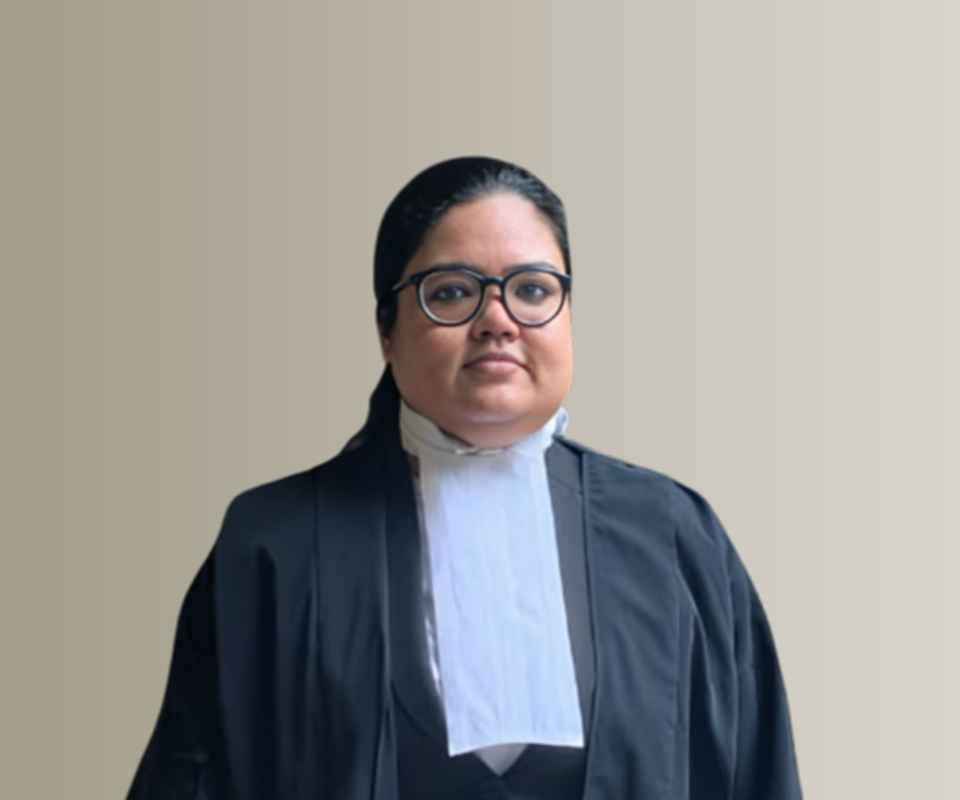Answer By law4u team
In India, marriage registration is a crucial step for ensuring that a marriage is legally recognized, as it provides proof of the marriage for legal purposes such as inheritance, property rights, and spousal benefits. However, if one partner refuses to register the marriage, there are several legal steps that the other partner can take to secure their rights and ensure the marriage is properly documented.
Legal Steps to Take When One Partner Refuses to Register the Marriage:
- Requesting Registration Under the Special Marriage Act:
If the marriage has been solemnized under the Special Marriage Act, 1954, the couple is required to register the marriage within 30 days of the ceremony. If one partner refuses to register, the other partner can file a petition with the Marriage Registrar to register the marriage. The law mandates that the marriage must be registered, and if one party refuses, they cannot prevent the registration. The other spouse can approach the court or the marriage registrar to ensure the registration is completed.
- Approach the Court for Legal Intervention:
If a partner refuses to register the marriage, the aggrieved spouse can approach the Family Court or the District Court for intervention. The court can order the registration of the marriage or direct the registrar to proceed with the registration, especially if the refusal is not based on any legal grounds. The court can also issue a declaration confirming the marriage and its validity, even in the absence of registration.
- Use of Affidavit and Other Supporting Documents:
In some cases, the aggrieved spouse can submit an affidavit or other documents that prove the existence and solemnization of the marriage, such as photographs, witnesses' statements, and other evidence. These documents can support the claim of the marriage’s validity even if one party refuses to register it.
- File for a Declaratory Suit:
If there is a dispute regarding the marriage and the refusal to register, the spouse seeking the marriage registration can file a declaratory suit under Section 34 of the Specific Relief Act, 1963, asking the court to declare the marriage as valid. This is especially useful if the marriage was conducted under customary or religious laws.
- Documenting the Marriage for Other Legal Purposes:
Even if the marriage is not officially registered, the spouse seeking recognition of the marriage can seek legal recognition through other means such as joint property ownership, joint bank accounts, or other shared financial and legal documents that demonstrate the marital relationship.
- Protection Under Domestic Violence Laws:
If the refusal to register the marriage is accompanied by abuse or domestic violence, the aggrieved spouse can seek protection under the Protection of Women from Domestic Violence Act, 2005. This law provides protection and relief to women in relationships that may not be formally registered but are considered domestic relationships.
Legal Rights of the Aggrieved Spouse:
- Right to Maintenance: Even if the marriage is not registered, the spouse can seek maintenance under various laws such as the Hindu Marriage Act, Special Marriage Act, or Domestic Violence Act, depending on the circumstances.
- Inheritance and Property Rights: If the marriage can be proven through other means, the non-registered spouse may still have some rights to inheritance, property, and financial claims, though it can be complicated without a legal marriage certificate.
- Children’s Rights: If the couple has children, the rights of the children, including custody, inheritance, and maintenance, remain intact, regardless of whether the marriage is registered.
Example:
If a woman is married under Hindu rites and her husband refuses to register the marriage under the Special Marriage Act, she can file a case in the Family Court requesting a declaratory judgment that the marriage is valid and should be registered. She may also present witnesses or an affidavit confirming the marriage ceremony took place. If the court rules in her favor, the marriage will be recognized as valid, and the registrar will be directed to issue the marriage certificate.
In conclusion, while one partner may refuse to register the marriage, the law provides several legal avenues for the other partner to ensure the marriage is recognized. Approaching the court, submitting supporting evidence, or filing a declaratory suit can help address the issue and protect the rights of the aggrieved spouse.







